Beautiful Day Youth Program Works!
Beautiful Day is a non-profit with a mission to work together with refugees supporting , orienting and educating them as they integrate into American life. As part of the Ruth and Hal Launders Charitable Trust Discretionary grants program, one of our Trustees has begun to award some $20,000 multi year (two year grants). To make the process as streamlined as possible this grantee was asked to resubmit the same application as the first year and instead to spend that time and write a Blog post about the program to post it on our grants site.
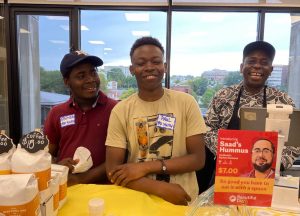
Trainees showcase some products.
Beautiful Day is a Providence-based nonprofit that provides paid, transitional job training for refugee adult and youth recently resettled in Rhode Island. Our trainees produce and package gourmet granolas, coffees and hummus and sell them at farmers markets, developing the skills, confidence and contacts they need to succeed in permanent jobs. This year, the Launders Family Charitable Trust provided a generous grant that we used to help support our youth program. We are grateful.
Our Refugee Youth Job Training Program serves 20 high-school-aged youth each year and consists of a 3-hour/week job readiness class and an 8-hour/week work experience component – an impressive time commitment. Classes and work take place after school and each youth receives a stipend of $4,680 for attending. The program is led by a gifted ESL teacher with the help of mentors, a case manager and a group of dedicated volunteers. Our most recent cohort began meeting last October and just ended with a celebratory graduation ceremony.
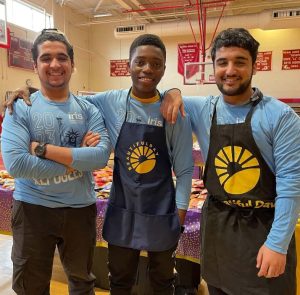 This program has proven life-changing for the youth who participate. Our graduates are now enrolled in colleges such as URI, Holy Cross, and Johnson & Wales. They are majoring in subjects like mathematics, computer science, and (believe it or not) neuroscience! We interview graduates one year after completing the program and the following quote is typical of what they tell us: “I’m at Rhode Island College studying graphic design. And I’m working part-time at Burlington Coat Factory in customer service. I would not have this job without Beautiful Day. I was a shy kid. I stuttered and my hands got sweaty and anxious. But when I went to the farmers markets I got to talk and I improved my communication skills and I’m not shy anymore. Now I’m talking to customers, like “How’s your day?”
This program has proven life-changing for the youth who participate. Our graduates are now enrolled in colleges such as URI, Holy Cross, and Johnson & Wales. They are majoring in subjects like mathematics, computer science, and (believe it or not) neuroscience! We interview graduates one year after completing the program and the following quote is typical of what they tell us: “I’m at Rhode Island College studying graphic design. And I’m working part-time at Burlington Coat Factory in customer service. I would not have this job without Beautiful Day. I was a shy kid. I stuttered and my hands got sweaty and anxious. But when I went to the farmers markets I got to talk and I improved my communication skills and I’m not shy anymore. Now I’m talking to customers, like “How’s your day?”
Our graduates talk about the many ways our youth program helped them grow in confidence and become more aware of what’s possible for them. Young people who couldn’t make eye contact are studying to be police officers. Teens who were afraid to speak up are waiting tables at busy restaurants. Most of our trainees grew up in refugee camps and found the transition to life in America to be difficult. Refugee youth typically struggle to fit in academically and socially. Often subject to bullying, they are vulnerable to gang involvement. Most have little knowledge of American work culture and are not prepared to succeed at a job. Like all refugees, these young people will be eligible for citizenship 5 years after arrival. They will have opportunities to go to college, pursue careers, buy homes, and contribute to their communities as fully-integrated American citizens. They are eager to work and learn, but they need extra support, which our program provides.
Word has spread that our program works and we have a waiting list of youth who want to participate. We plan to expand to accommodate more refugee teens. Many thanks to the Launders Family Charitable Trust for supporting a program that is truly changing lives.
Blog content provided by Rebecca Garland, Associate Director at Beautiful Day
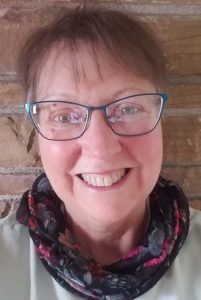
Rebecca Garland
Rebecca is responsible for fund development and community education at Beautiful Day. Before joining Beautiful Day’s team in 2018, she taught literacy and ESOL to undereducated adults for over 20 years. She possesses a Doctorate in Human Development & Psychology from Harvard’s Graduate School of Education and has taken an active role in helping to develop the educational programs for refugee youth and adults at Beautiful Day. As the daughter of a refugee herself, she knows how hard it is to rebuild after losing one’s home.
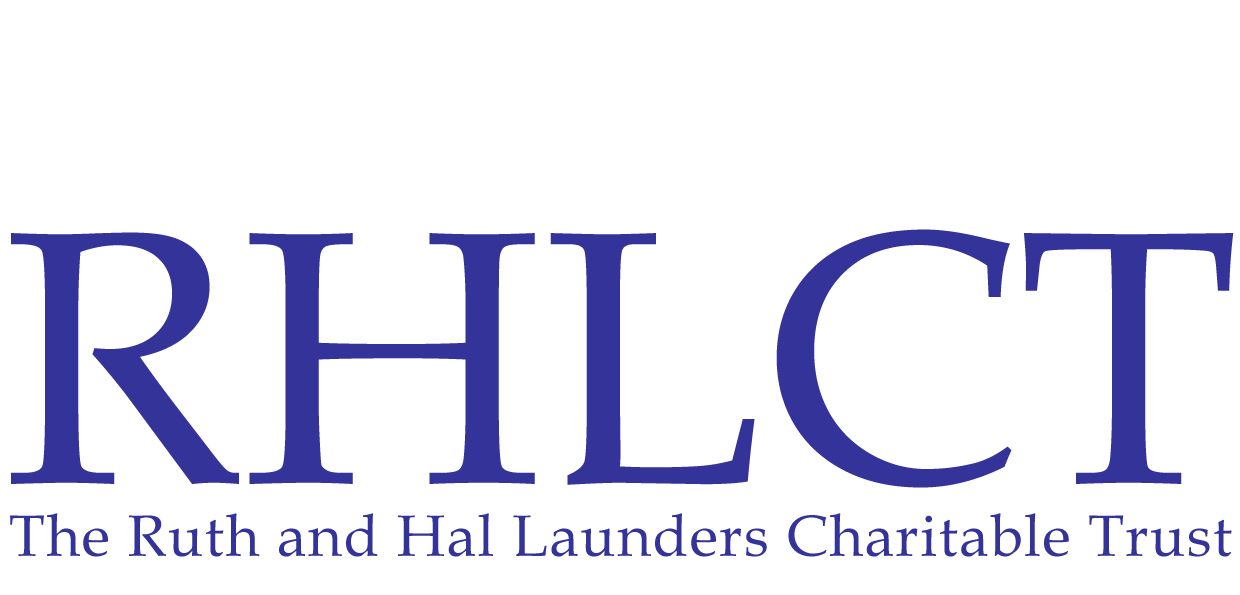
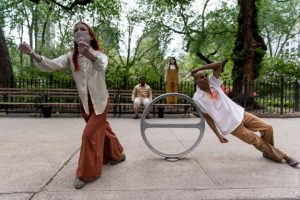
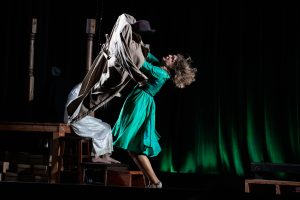
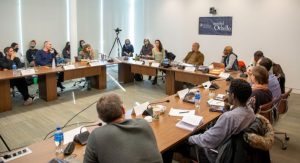
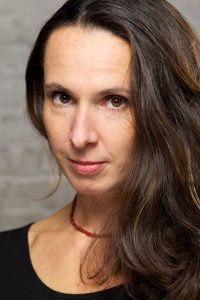
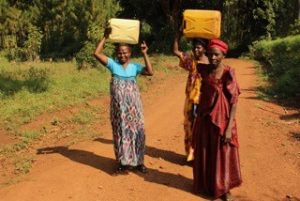
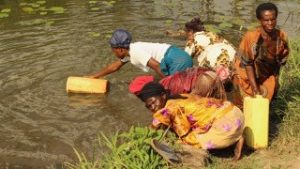
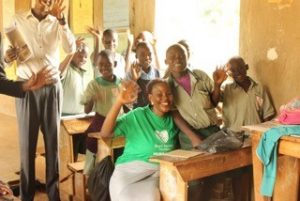
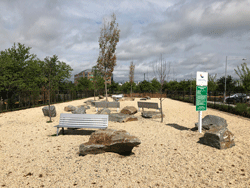
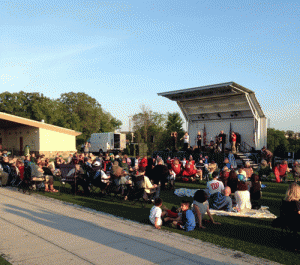
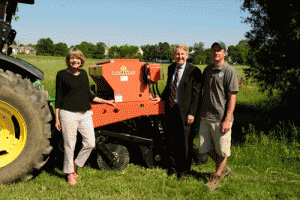

Recent Comments